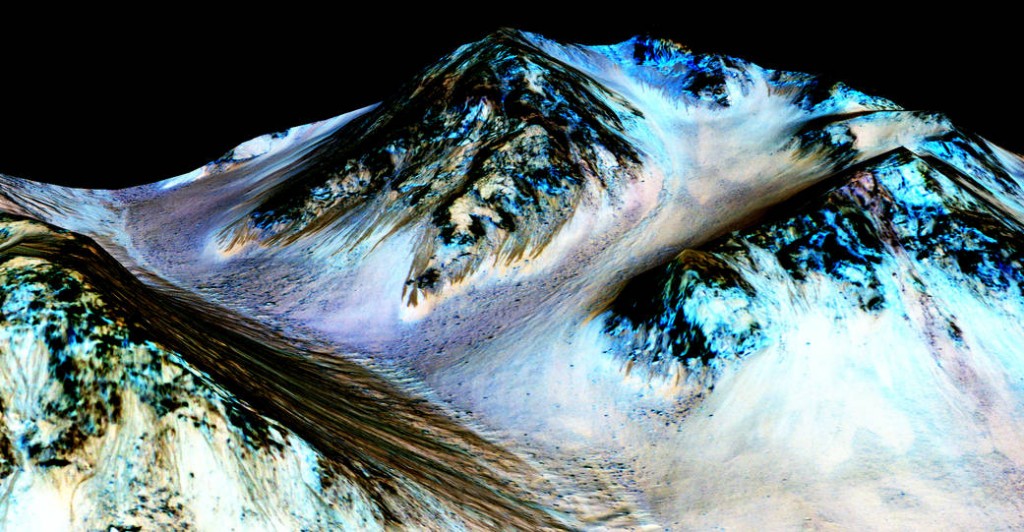LaunchPad Awards Student Start-Up Fund Grant
The Blackstone LaunchPad at Syracuse University Libraries has awarded a Student Start-Up Fund grant for the Spring 2025 semester to Thomas O’Brien ’25 for his company, Ten Open Projects. Grants are awarded on a rolling basis to undergraduate and graduate…



